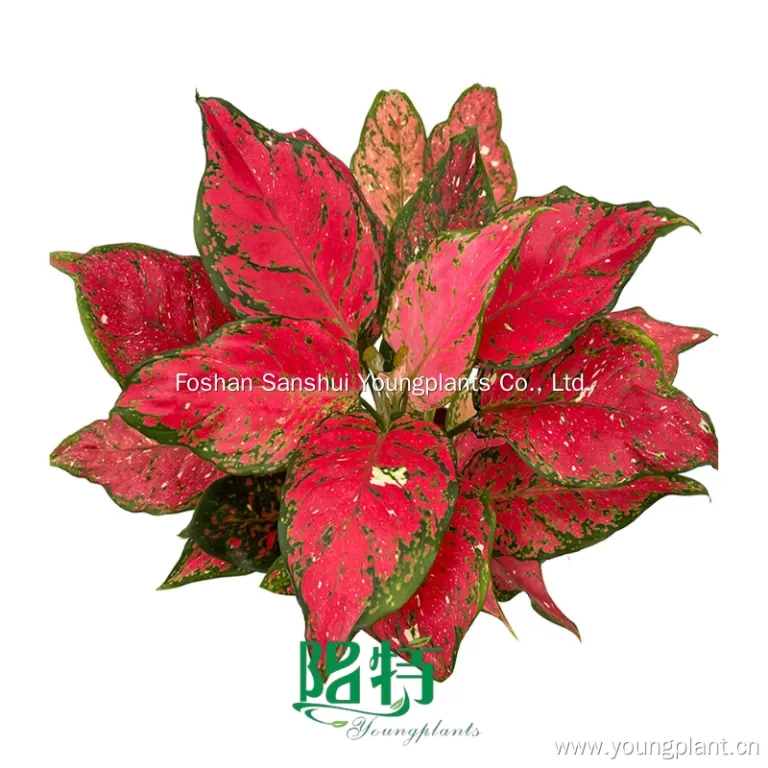Aglaonema, also known as Chinese evergreen, is a popular houseplant known for its attractive foliage and low maintenance requirements. One method of propagating Aglaonema that has gained popularity among growers is tissue culture techniques. Tissue culture involves growing plants from a small piece of tissue, such as a leaf or stem, in a sterile laboratory setting. This method offers numerous benefits for both commercial growers and hobbyists looking to expand their collection of Aglaonema plants.
Mass Production and Efficiency
One of the key benefits of growing aglaonema tissue culture techniques is the ability to mass-produce plants quickly and efficiently. Tissue culture allows for the rapid multiplication of plants from a single parent plant, resulting in a large number of genetically identical specimens in a relatively short period of time. This is particularly advantageous for commercial growers who require large quantities of plants to meet market demands.
Disease-Free Plants
Another advantage of tissue culture is the ability to produce disease-free plants. By starting with a small, sterilized tissue sample, tissue culture eliminates the risk of introducing pathogens or pests that may be present in traditional propagation methods. This results in healthier plants that are more resistant to diseases and pests, ultimately reducing the need for chemical treatments and minimizing the risk of crop losses.
Genetic Uniformity
In addition to disease prevention, tissue culture techniques also offer the advantage of producing plants with consistent characteristics. Through tissue culture, growers can ensure that each plant is genetically identical to the parent plant, maintaining specific traits such as leaf color, shape, and variegation patterns. This level of uniformity is especially important for commercial growers who require plants with standardized features for branding and marketing purposes.
Conservation Efforts
Tissue culture also provides a valuable tool for conservation efforts and preserving rare or endangered plant species. By propagating plants in a controlled laboratory environment, tissue culture can help safeguard genetic diversity and prevent the extinction of threatened species. This is particularly significant for Aglaonema, which includes several species that are at risk of being lost due to habitat destruction and overexploitation.
Environmental Stress Tolerance
Furthermore, tissue culture techniques offer the advantage of producing plants with a higher tolerance to environmental stress. By controlling the growth conditions in the laboratory, such as temperature, humidity, and light levels, tissue-cultured plants can be acclimated to different environmental conditions before being transferred to the greenhouse or field. This helps reduce transplant shock and improves the overall survival rate of the plants once they are established in their new environment.
Conclusion
Overall, the benefits of growing Aglaonema through tissue culture techniques are numerous and far-reaching. From mass production and disease prevention to genetic uniformity and conservation efforts, tissue culture offers a valuable method for propagating this popular houseplant. Whether you are a commercial grower looking to expand your production or a hobbyist interested in preserving rare species, tissue culture techniques provide a reliable and effective way to propagate Aglaonema plants.

